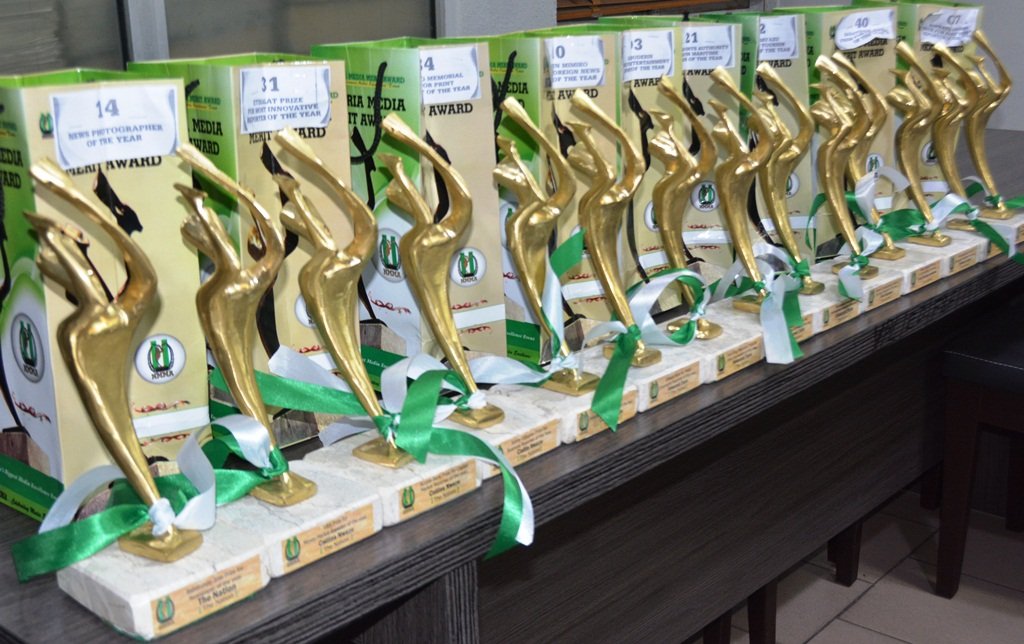What’s the big deal about winning media awards? Lekan Otufodunrin, media career development specialist, explains why awards should be given due consideration by journalists.
The best journalist is not necessarily an award-winning journalist.
There are many things involved in winning media awards. Usually, except in a few cases, interested persons have to apply and meet various guidelines set by the judging panel.
Some of the requirements include submitting the relevant number of publications or broadcasts for the year or period entries are being considered for. Some are for specific issues of interests of the organisers of the awards and there are deadlines for submitting the entries.
Some very good journalists may just not have the time to go through the rigours of applying or miss the announcement for the call. Even if they want to apply, they may not have the copies of their best reports to enter for the awards. Some may just not be interested.
While the above category of journalists may not get acknowledged for their excellence on the job by external award organizations, they may be well-rated where they work and by those who know the high quality of their work. They may get promoted at work, get hired by those who need their services and make steady career progress.
There is also the possibility of errors of judgement or vested interest by the judges that may deny a very good journalist winning awards.
However, winning awards has a lot of advantages for good journalists and the organizations they work for and should be given due attention by professional journalists.
I am not advocating that journalists should become award freak and purposely write or broadcast to win awards, my case is that no one should deliberately lose out of the advantages associated with winning awards when they have what it takes.
Competing for awards provides an opportunity for journalists works to be assessed beyond where they work along with other colleagues locally and internationally.
The validation that comes with emerging winners in local and international competitions is not only inspiring to the winners, but it’s also a basis for determining the worth of a journalist when crucial decisions are to be taken about them beyond where they work or are known.
They are given better considerations when they apply for very competitive job vacancies, fellowships, grants and other opportunities. Even where they work, they are better reckoned with and rewarded than if they have not competed and won the external competitions.
There are financial rewards in terms of prize money that comes with some of the awards that can make up for the generally poor pay in the industry.
Undoubtedly, media awards have encouraged healthy competition among journalists and media organizations worldwide and the industry is better for it.
It is noteworthy that some award categories are not given due to poor quality of entries and even for those given, the areas for improvement are highlighted by the judges for applicants to improve on.
No journalist should hesitate to apply for media awards if they can and should be proud of winning any or being runner-up if they do.
My advice to journalists is that their main focus should be excelling in their practice irrespective of whether they win awards or not.
Awards should be a plus, not a motivation.
Congratulations to all past and recent award winners. Sincere appreciation to sponsors and organisers of media awards for their immense contributions to excellence in media practice.


